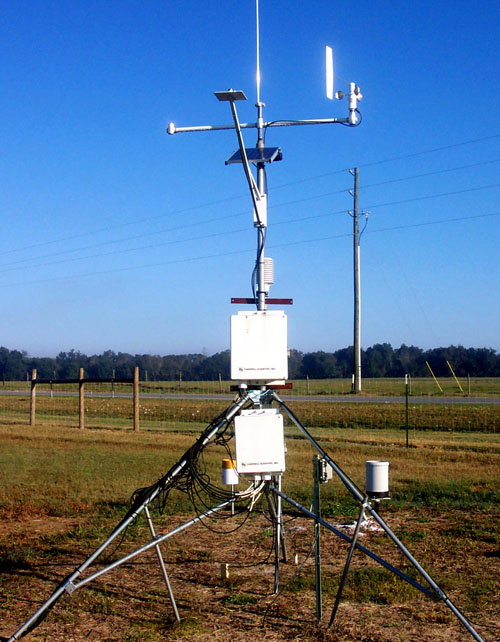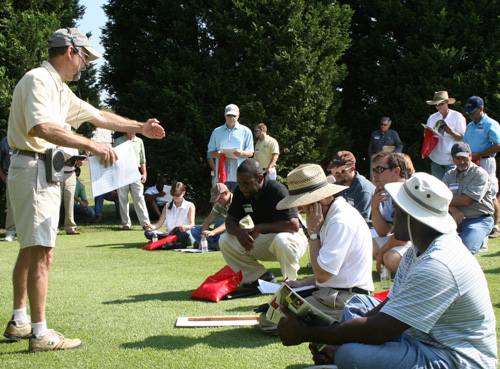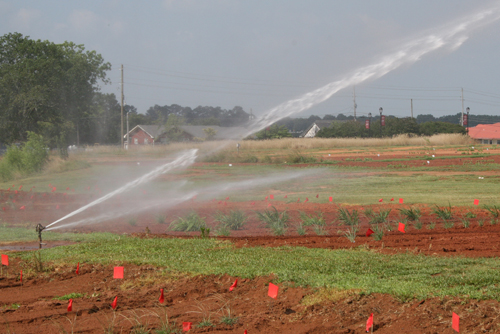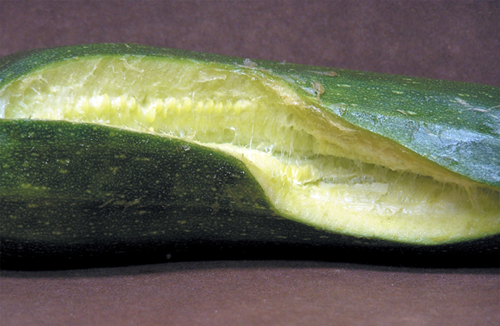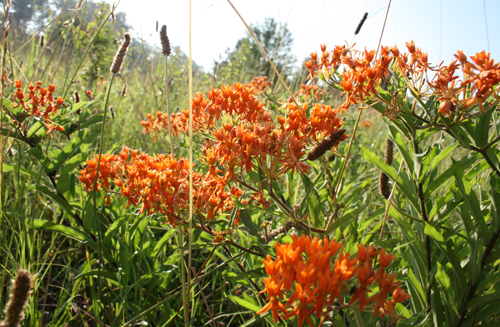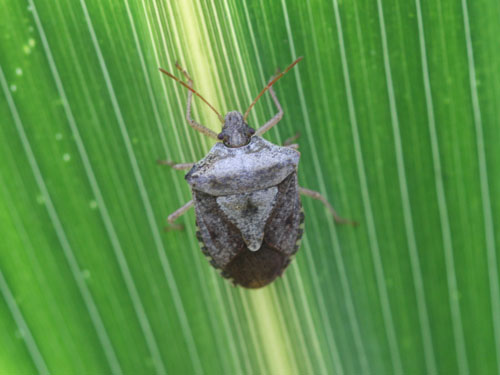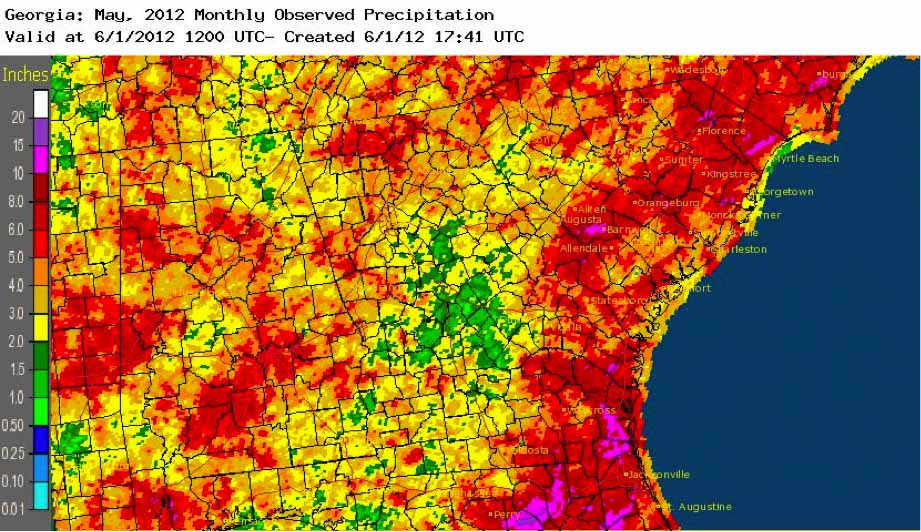 CAES News
CAES News
Extra-warm May
Weather conditions in May continued this year's trend of above-normal temperatures in Georgia with some areas seeing higher than normal rainfall and other areas still experiencing drought conditions.

.jpg)
.jpg)
